Rising Stars 2020: Zixu Qin
We asked Zixu (Daniel) Qin, a 17 year old Vancouver pianist about his upcoming performance of Prokofiev’s Piano Concerto 3 (third movement) as one of the Richmond Music Festival Concerto Challenge winners.
Can you tell us a bit about your path in music so far?
[ excerpted from his bio: read more about his remarkable achievements in the concert programme! ]
I started piano studies by the age of 5 in my native Beijing. By the age of 10, I completed the highest level of the Central Conservatory of Music piano examinations. After moving to Vancouver I have studied with several of Vancouver's outstanding instructors including Prof. Corey Hamm from the University of British Columbia, Dr. Boris Konovalov and Dr. Witold Wardziukiewicz. Along with many local and international awards, I have performed in venues such as Carnegie Hall, Fords and Auer Hall of Jacobs School of Music, Santa Cecilia and Hatch Hall of Eastman School of Music.
Have you played with an orchestra before?
Yes, including New Westminster Orchestra, Coquitlam Youth Orchestra and Czech's most prestigious Virtuosi Brunensis Orchestra, where I performed Rachmaninoff’s Piano Concerto No. 2.
How does music relate to other parts of your life, or vice versa?
Music is an essential part of my life as it has the power of providing reassurance during difficult times, sharing my emotional states to others in a euphemistic way as well as taking away the stress from my daily life. Furthermore, I have made my contribution to the surrounding community. I was frequently involved in various performance opportunities, mainly in volunteer performances in senior retirement houses, my school assemblies and events and many others. To the elders, as I have talked with them, Classical music reminded them of their faded memories, of all the moments in their youth and adulthood, giving them a sense of nostalgia. To the younger generation, through Classical music is believed as a decaying genre by the general public, my performances have inspired them to be passionate toward Classical music. In addition, I also become a Classical music instructor, which I began to tutor piano performance to other children in my community, not only to show how technical difficulties can be overcome, but also how to interpret music in distinct ways and how the power. I believe that Classical music can unify a community, bring joy, warmth and reassurance to people in stressful, challenging times.
What do you love most about your instrument?
I especially love the fact piano could create a great variety of timbre and tone quality through distinct methods of touching the keys, ranging from the most incisive and percussive to the most lyrical and choral-like sound. This would most likely not be achieved by other instruments like the brass and woodwind family, which the tonal qualities created are mostly monotonous with very few exceptions. I also love the fact that piano is the one and only instrument that could reach the tonal range of the lowest to the highest register, where other instruments would struggle to achieve. By that, the piano instrument is often referred to as the "king of the instruments" due to its dominance in sound projection and tone variety. I believe that this is the main reason that a piano would stand out among a huge orchestra of instruments, especially in a concerto.
What do you love about the piece of music you will be performing, and is there something special you think the audience might listen for in your piece?
I believe that the audience would most certainly enjoy the percussive nature of this Prokofiev concerto, which pertains to all his music as I mentioned previously. They will most likely notice a strong rhythmic feel in this concerto as Prokofiev has clearly indicated in the score, which contributes to the percussive feel. At the same time, I also believe that Prokofiev's choice of dissonance and intriguing (or bizarre in some way) chord progressions will definitely stand out to the audience as unusual chords are utilized in most of the music, which creates a "shock" to the audience's aural appeal.
Martha Argerich (piano) and the LSO under André Previn play Prokofiev’s Piano Concerto 3. The third movement begins at 18:25

